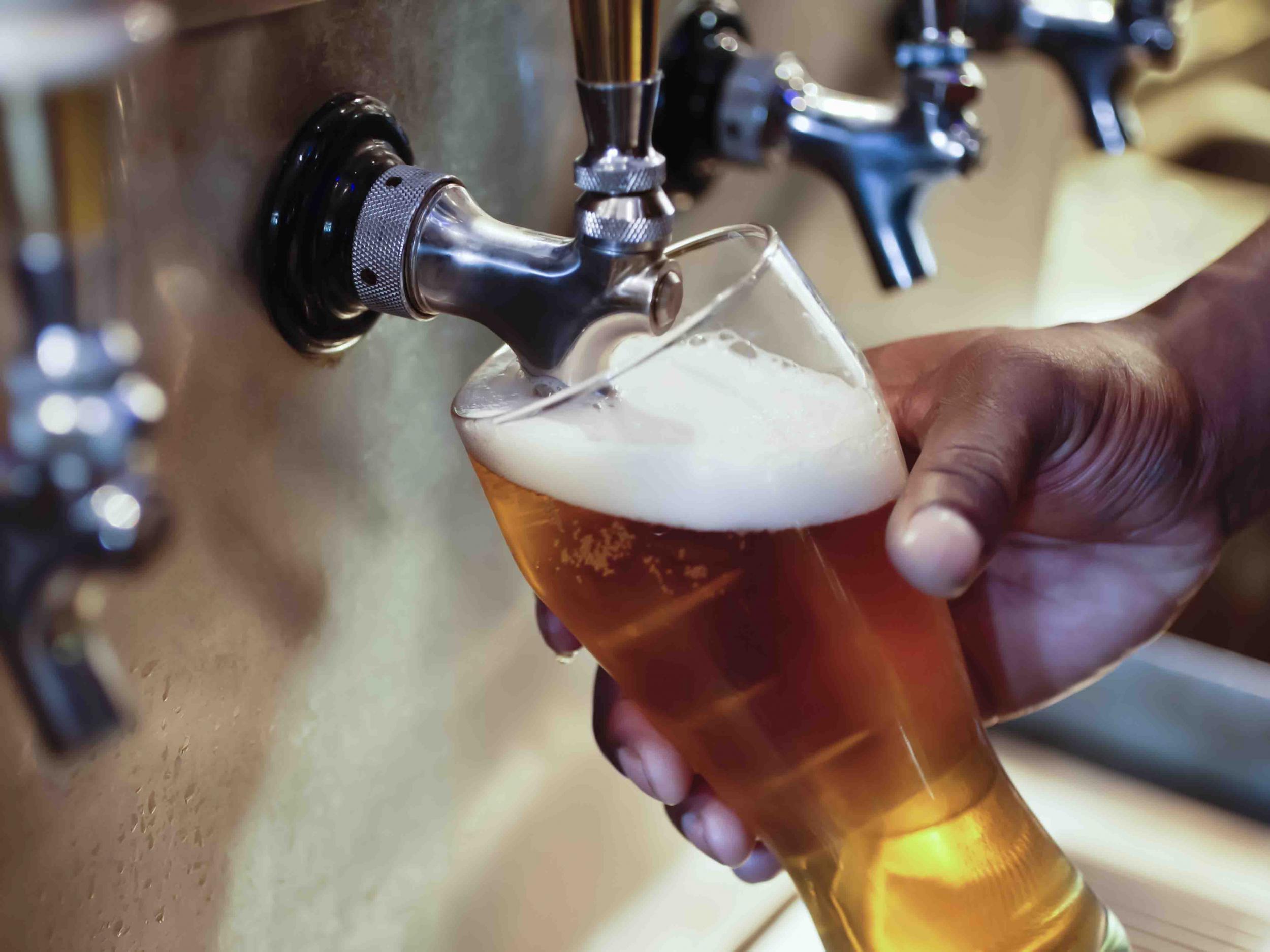CO2 shortage: From chicken to crumpets, all the food and drink staples at risk
Nobody panic

World Cup revelry and heatwave barbecues could run dry as the CO2 “crisis” continues, risking certain meat and drink supplies.
The routine maintenance of a number of large European fertiliser plants has required them to be shut down, resulting in a lower-than-usual production of ammonia – one of the key ingredients of much CO2 production.
Used in certain medical procedures and in in the extraction of crude oil, CO2 is an essential part of modern life.
It’s also widely used in the food and drink industries.
We’ve already learned that beer and cider are at risk of a shortage as a result of the crisis, but more than just our summer drinks could be scuppered.
Here’s all the foods that are at risk…
Crumpets

Yes, the classic British breakfast staple is under threat: Warburton’s - the UK’s largest producer of crumpets - has had to halt production at two of its four plants due to a shortage of carbon dioxide, which is used to package the baked goods.
“We have had quite big shortfalls,” said Warburton’s spokesperson Tearmh Taylor. “We’re probably running at about 50 per cent of what we can normally make.”
The Europe-wide CO2 shortage could be a preview of the disruption that lies ahead in March next year when the UK leaves the EU, according to Ian Wright, chief executive of the Food and Drink Federation (FDF).
Beer and Cider

The British Beer and Pub Association (BBPA) said brewers were “working their socks off” to keep the beer flowing, but your favourite barbecue drink has also fallen victim to the CO2 crisis.
Last week, the producers of Heineken’s John Smith’s Extra Smooth and Amstel revealed that they’re struggling with their carbon dioxide supplies, and wholesaler Booker has begun limiting customers to 10 cases of beer and five cases of cider or soft drinks per purchase.
Fizzy drinks

It’s not just alcoholic beverages either - your favourite carbonated soft drink producers are feeling the pinch too.
And this, in the same week that Lemon Fanta has been discontinued in the US.
Time to stock up.
Meat

CO2 is used both to stun pigs and chickens before slaughter and also to make dry ice which is used to keep the animals chilled while being transported.
Scotland’s biggest abattoir has been forced to close, the BBC reports, the British Poultry Council are reportedly struggling to make their dwindling supplies last and other meat producers are attempting to diversify and find carbon dioxide alternatives.
What’s more, in a bid to cut down on CO2 by using less in packaging, some meat producers are looking into shortening “sell by” dates.
Dry ice

Also part of the meat-making process, dry ice is used to keep carcasses chilled during transportation.
But it's so much more than just a cooling method.
Also used to add dramatic effect in the presentation of deserts, a shortage of dry ice could mean goodbye, posh puddings.
Join our commenting forum
Join thought-provoking conversations, follow other Independent readers and see their replies
Comments
Bookmark popover
Removed from bookmarks